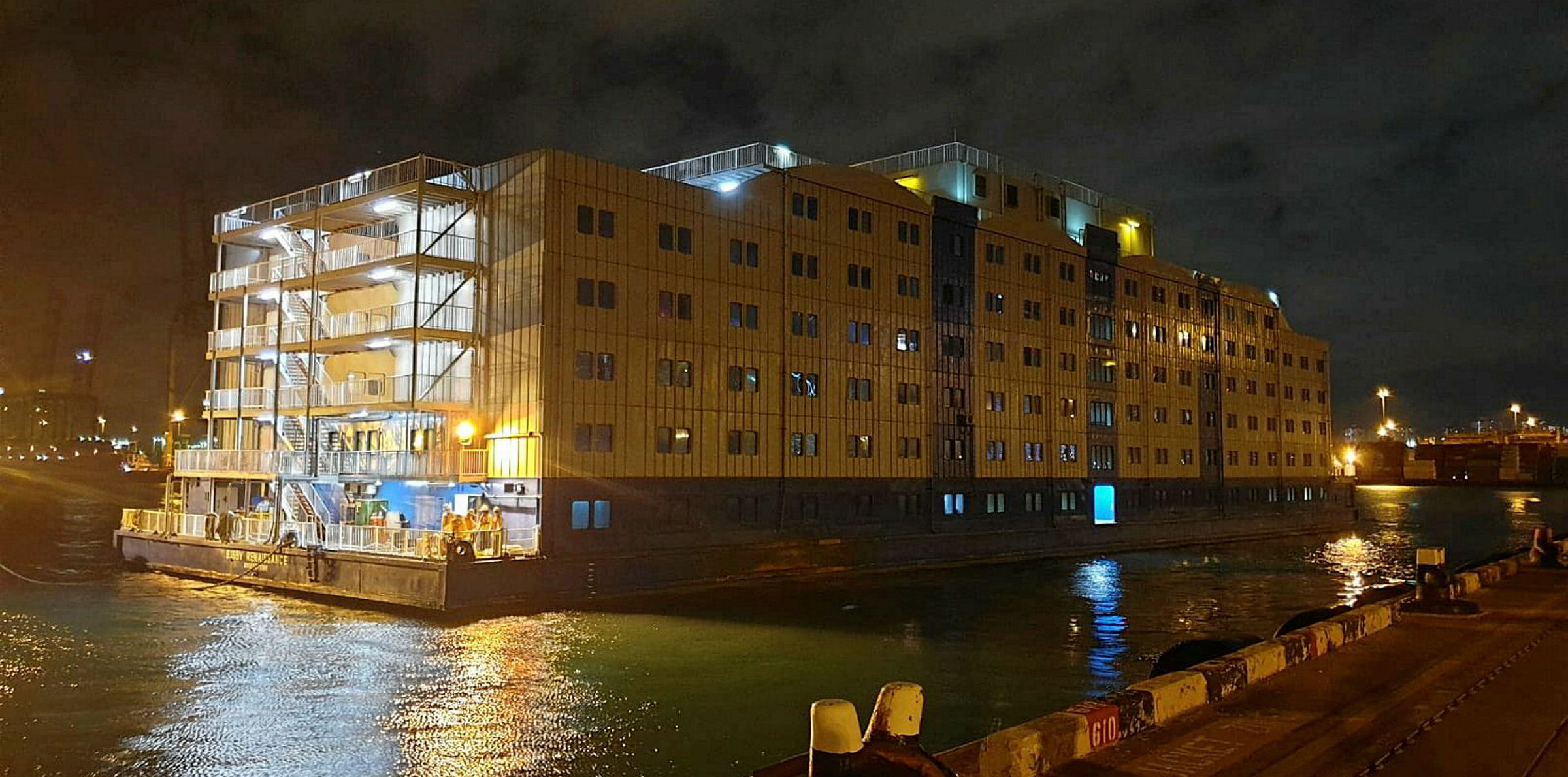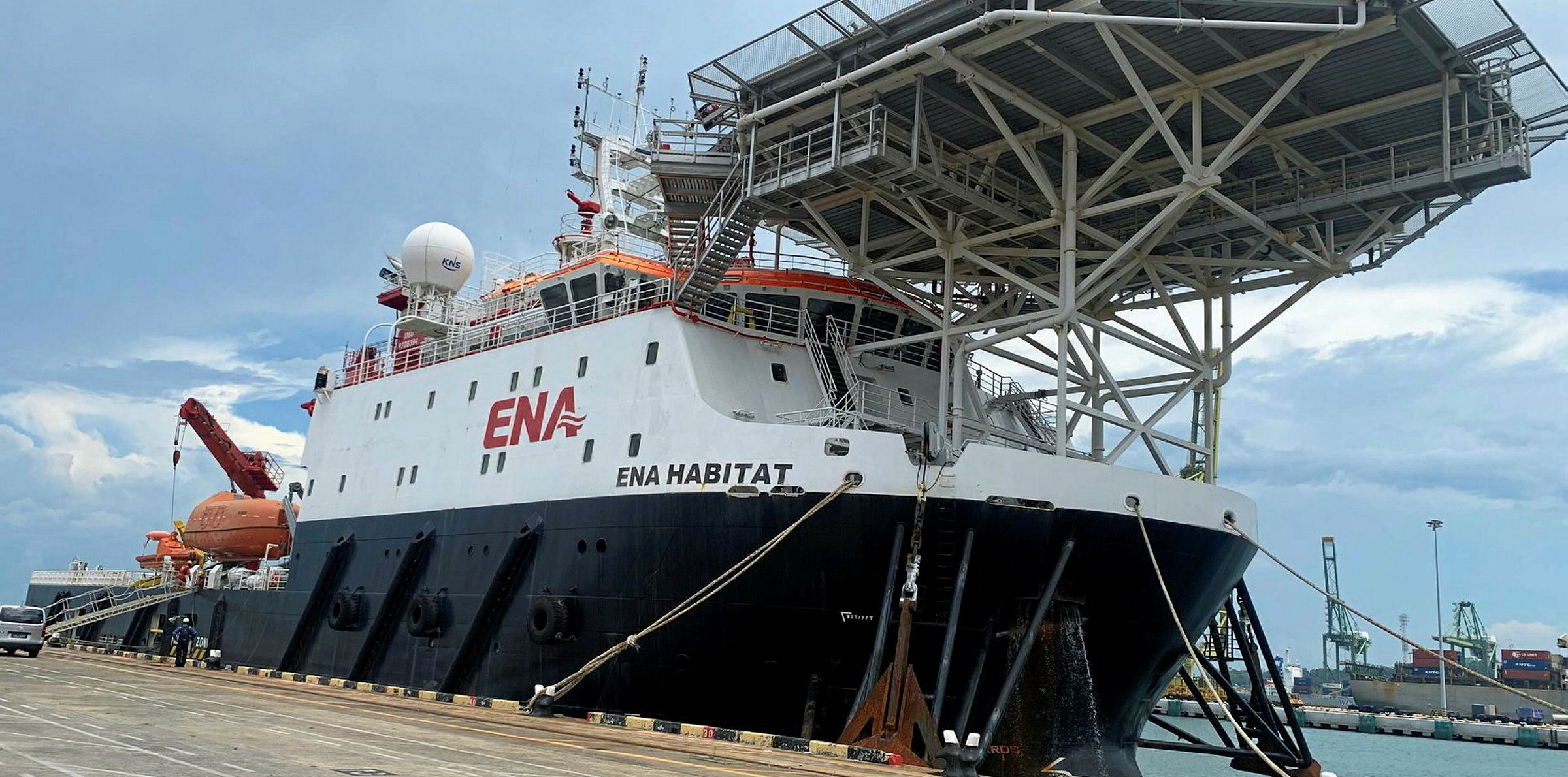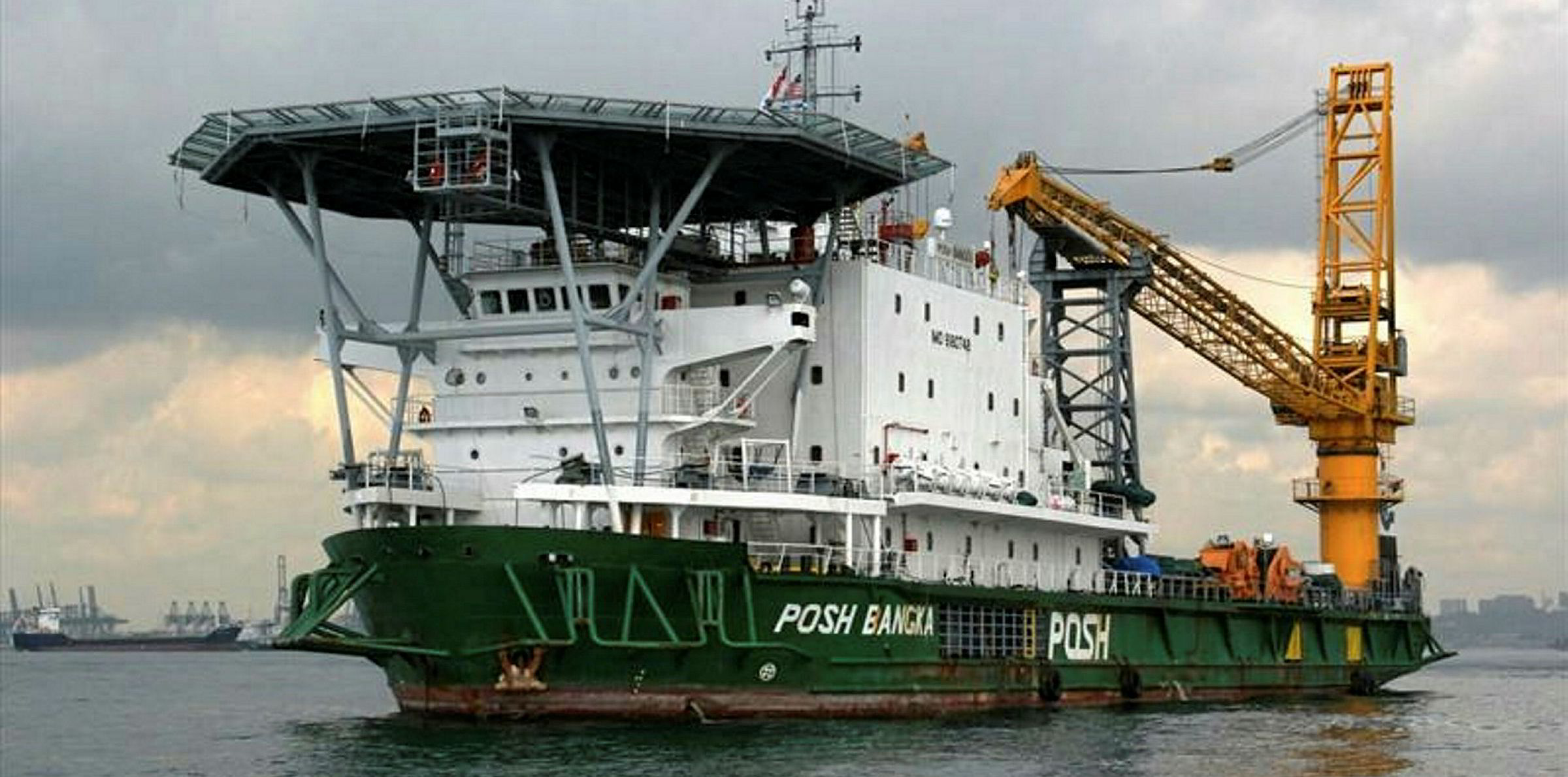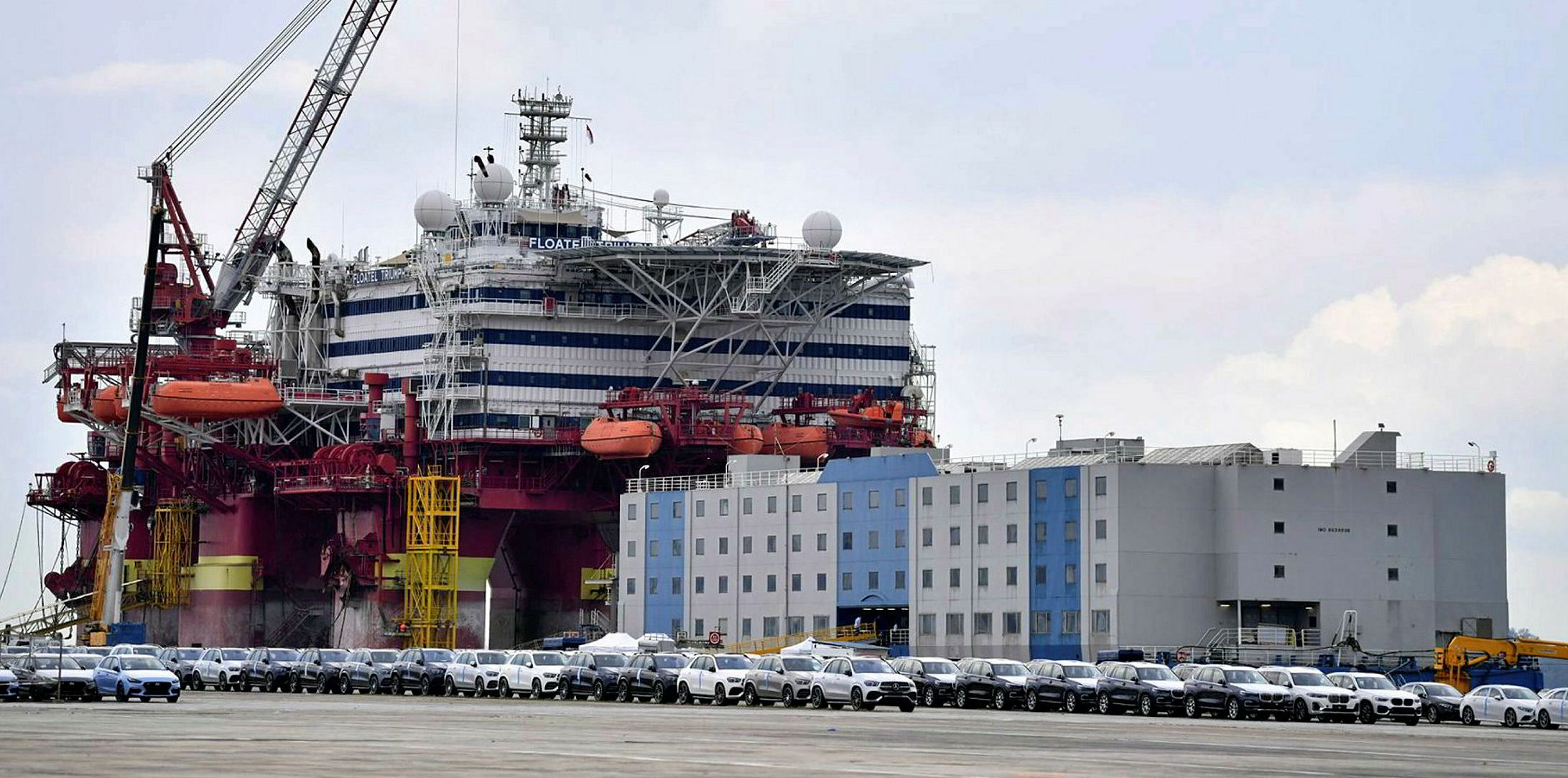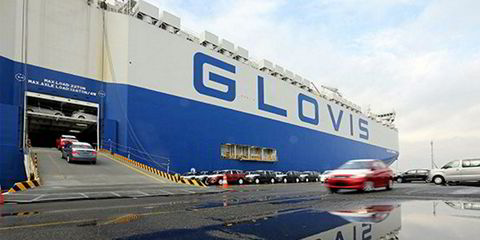Owners and operators of floating accommodation hoping for an uptick in employment and charter rates on the back of the coronavirus pandemic are likely to be disappointed.
That was the message from industry executives last week in Singapore, where vessels normally deployed to house foreign offshore workers have been chartered by the authorities to boost quarantine capacity, potentially setting a trend for other countries and companies to follow.
Two flotels from Bibby Marine — the 664-person Bibby Renaissance (built 1991) and 310-person Bibby Progress (built 1976) — as well as the 500-person Floatel Triumph (built 2016) from Floatel International were initially chartered by Singapore authorities in April.
The government has since added a fourth vessel, Eastern Navigation’s 238-person ENA Habitat (built 2015), taking total capacity to 1,700 berths.
“We are seeing an opportunity for the accommodation vessel segment to find utilisation as floating quarantine facilities,” Fearnley Offshore Supply said in a recent report. “We would expect other governments to look at similar arrangements.”
Helen Samuels, chief executive of Bibby Marine, told TradeWinds the company’s floating facilities were a “favourable alternative” to onshore accommodation, particularly as they can remain separate from a city’s infrastructure, reducing the risk of infections.
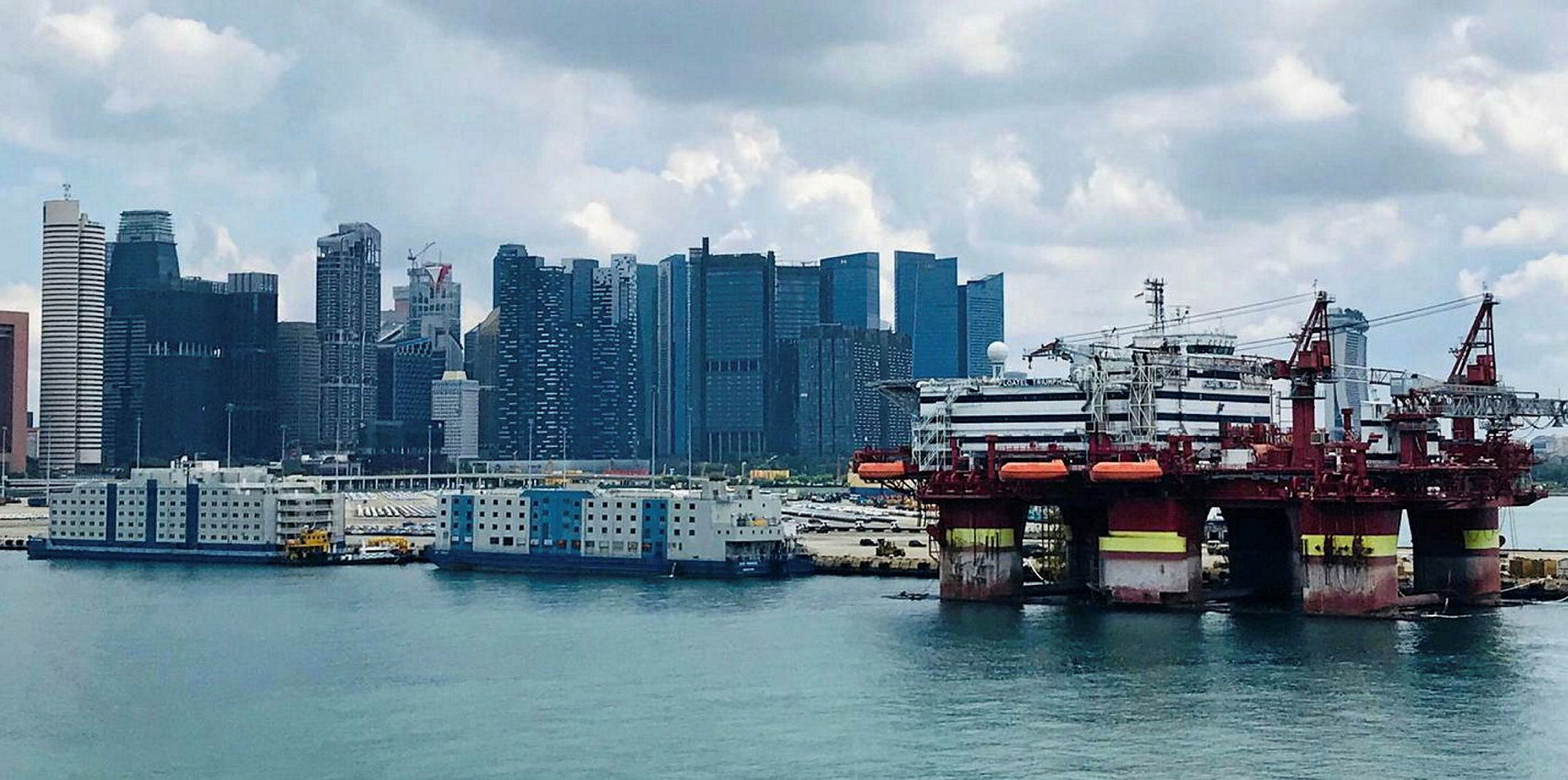
“As the global measures to tackle the pandemic continue, there is the potential that utilising these facilities will continue to be an attractive medium-term option for some clients, especially as the length of time that quarantine or lockdown measures are likely to be necessary remains uncertain,” she said.
“This clearly provides a welcome boost to the sector during uncertain times, but we believe that everyone has a part to play in acting responsibly during these difficult times, and that’s why we’ve offered discounted rates by way of a contribution to the efforts to eradicate Covid-19.”
In Europe, Belgian shipowner DEME has chartered a hotel ship in Ostend to ensure safe crew changes on board its dredgers and offshore vessels during the pandemic.
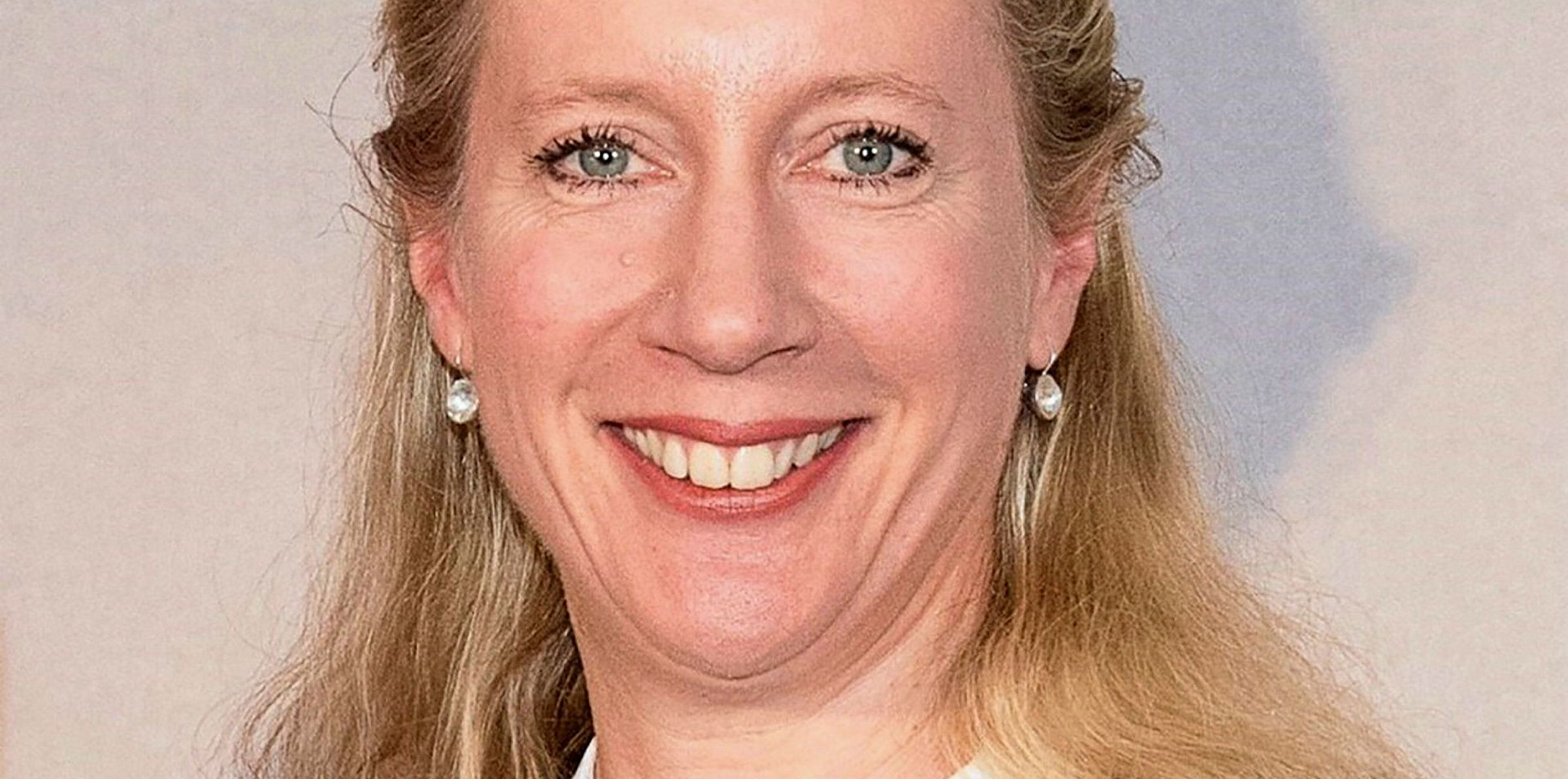
DEME was not previously changing crews on board, to avoid the risk of contamination.
Under the new arrangement, crews getting back to work will spend two weeks in pre-quarantine on the hotel ship.
“This will happen in small groups and according to a strict schedule, which makes it possible to separate the crews of different DEME vessels until they return to their dredger or offshore vessel,” the company said.
“This pre-quarantine allows DEME to prevent the risk of the coronavirus spreading on board and to guarantee the health of its employees. It also enables crews who have been on board for longer than expected to return to their families.”
We have not seen a tremendous increase in inquiries for accommodation barges in relation to the Covid-19 outbreak.
Paul Bakker of Wagenborg Offshore
However, some industry executives are not so upbeat about the benefits to the sector.
“We have not seen a tremendous increase in enquiries for accommodation barges in relation to the Covid-19 outbreak,” Paul Bakker, business development manager at Wagenborg Offshore, told TradeWinds. “We have seen some, but mainly for the US and Guyana; however, nothing firm.
“Furthermore, it also depends on the location of the potential inquires. Often the long and expensive mobilisation does not make operational and commercial sense, as these projects are often short-term.
“I have seen a laid-up ropax vessel … used for hospital support in Genoa, but the vessel was already in that area.”
The Dutch company has three barges available: two in Europe and one in the Middle East.
“The Singapore government is looking for charter rates of between $15,000 and $20,000 per day, which makes it a marginal business,” one industry source told TradeWinds.
“So there are no meaningful earnings. It does not make sense to take a DP3-rated vessel worth hundreds of millions of dollars and then put it quayside.
“It’s an alternative to lay-up, and then you can claim it is utilisation, but you can also claim a yard stay as utilisation.
“Of course it’s helping Singapore, and of course all the owners would like to help Singapore, but the vessels that will be used will already be laid up in the region.”
